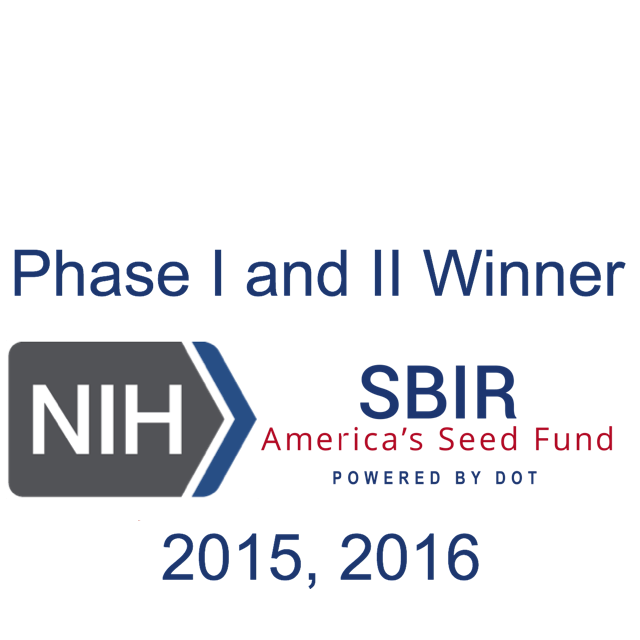Jack Szostak, PhD is biochemist who is broadly interested in details of science and technology and the ways in which they can enhance human well-being. During the 1980s Dr. Szostak carried out research on the genetics and biochemistry of DNA recombination, which led to the double-strand-break repair model for meiotic recombination. At the same time Dr. Szostak made fundamental contributions to our understanding of telomere structure and function, and the role of telomere maintenance in preventing cellular senescence. For this work Dr. Szostak shared, with Drs. Elizabeth Blackburn and Carol Greider, the 2006 Albert Lasker Basic Medical Research Award and the 2009 Nobel Prize in Physiology or Medicine.
In the 1990s Dr. Szostak developed in vitro selection as a tool for the isolation of functional RNA, DNA and protein molecules from large pools of random sequences. His laboratory used in vitro selection and directed evolution to isolate and characterize numerous nucleic acid sequences with specific ligand binding and catalytic properties. From 2000 until the present Dr. Szostak’s research interests have focused on the laboratory synthesis of self-replicating systems and the origin of life.
He received his B.Sc. from McGill University in Montreal in 1972, and his Ph.D. from Cornell University, Ithaca, NY, in 1977. Dr. Szostak is an Investigator of the Howard Hughes Medical Institute, Professor of Genetics at Harvard Medical School, Professor of Chemistry and Chemical Biology at Harvard University, and the Alex Rich Distinguished Investigator in the Dept. of Molecular Biology at Massachusetts General Hospital. He is a member of the National Academy of Sciences, the American Philosophical Society, and a Fellow of the Royal Society of Chemistry.
























